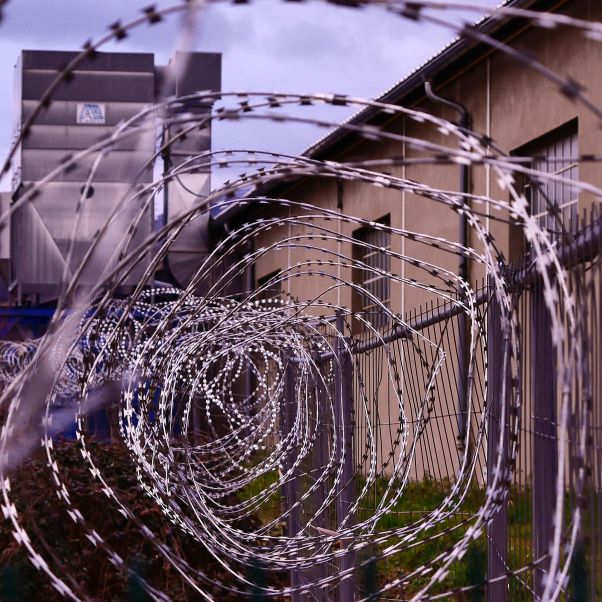Working Group on Arbitrary Detention


About the mandate
The Working Group has the mandate to investigate cases of deprivation of liberty imposed arbitrarily or inconsistently with the international standards set forth in the Universal Declaration of Human Rights, or the international legal instruments accepted by the States concerned.
The Working Group investigates alleged cases of arbitrary detention by sending urgent appeals and communications to concerned Governments to clarify and/or bring their attention to these cases. The Working Group also considers individual complaints under its regular communications procedure, leading to the adoption of opinions as to the arbitrariness of the detention. In addition, the Working Group conducts country visits to assess the situation of deprivation of liberty in the country.
The mandate of the Working Group on Arbitrary Detention was most recently extended by Human Rights Council resolution 51/8 of 6 October 2022 for a further three-year period.
About the members
The Working Group is composed of five independent experts of balanced geographical representation. Together, they investigate individual cases and produce reports and opinions in order to fulfil the mandate. They meet three times a year in Geneva.
Key documents
Fact Sheet No. 26 (Rev. 1): Working Group on Arbitrary Detention
This revised Fact Sheet explores the mandate and functioning of the Working Group on Arbitrary Detention, established in 1991 by the United Nations Commission on Human Rights to investigate cases of arbitrary deprivation of liberty. The publication presents the various components of the Working Group’s mandate, its procedures and operation, in addition to some of its relevant jurisprudence. It also explains how to submit a case to the Working Group and the criteria used by the Working Group to determine whether a detention is arbitrary. It further provides practical information on how to submit allegations of arbitrary detention and the relevant forms.
Adopted in 2015, these guidelines are based on international law, standards and recognized good practice, and are intended to provide States with guidance on fulfilling their obligation to avoid the arbitrary deprivation of liberty. They concern the right of anyone deprived of his or her liberty to bring proceedings before a court in order that the court may decide without delay on the lawfulness of the detention and order the release of the individual if the detention is not lawful.
Methods of work of the Working Group on Arbitrary Detention
This document outlines how the Working Group functions, carries out its mandate, handles communications and urgent actions, and the procedure for country visits. It also clarifies how it works with other human rights mechanisms.
Latest thematic reports
Contact Information
Working Group on Arbitrary Detention
OHCHR-UNOG, 8-14 Avenue de la Paix, 1211 Geneve 10, Switzerland
Email: hrc-wg-ad@un.org
Activities
Working Group on Arbitrary Detention: Preliminary Findings from its visit to Botswana (4 to 15 July 2022) (WORD)
15 July 2022
Working Group on Arbitrary Detention held its 90th session and adopted 21 opinions
27 May 2021
Working Group on Arbitrary Detention held its 89th session, concluding 2020 with 92 opinions adopted
4 December 2020
Deliberation No. 10 on reparations for arbitrary deprivation of liberty
4 May 2020